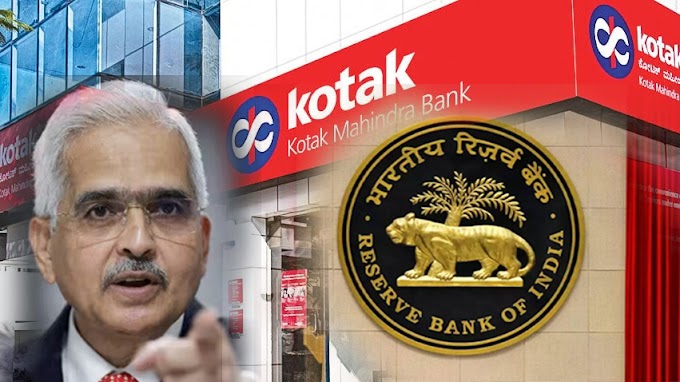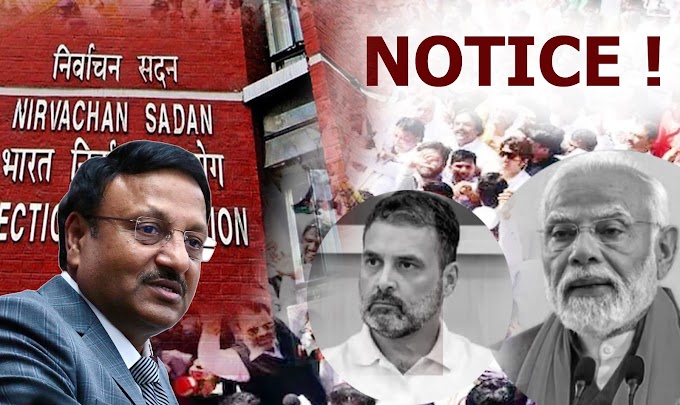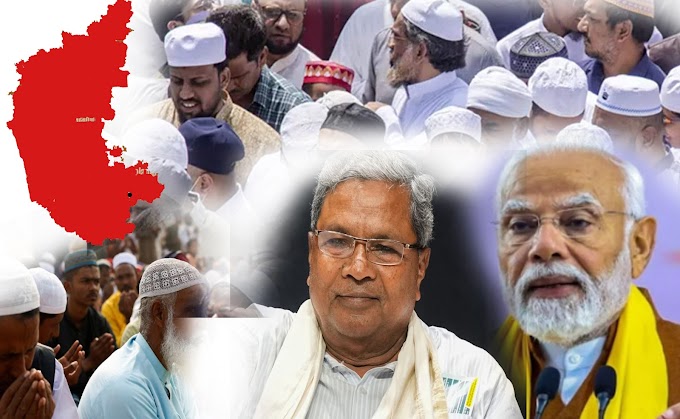The BJP has opened its account in the ongoing Lok Sabha elections.
The party's candidate from Gujarat's Surat constituency, Mukesh Dalal, has won the polls as all his opponents are now out of the fray.
The election in Surat Lok Sabha seat was supposed to take place on May 7.
But how did BJP win?
While the Congress candidate's form was rejected by the Returning Officer, the other eight candidates for the seat withdrew their nominations.
Nilesh Kumbhani, the Congress candidate from Surat Lok Sabha seat, was unable to present even one of his three proposers before the election officer, after which his nomination form was cancelled.
The BJP had raised questions about the discrepancies in the signatures of three proposers in Kumbhani's nomination form.
But What About Substitute Candidate?
The nomination form of Suresh Padsala, the Congress' substitute candidate from Surat, was also invalidated, pushing the party out of the poll fray in the city.
In his order, Returning Officer Sourabh Pardhi said the four nomination forms submitted by Kumbhani and Padsala were rejected because at first sight, Discrepancies were found in the signatures of the proposers, and they did not appear genuine.
Also, the proposers stated in their affidavits that they did not sign the forms themselves, Pardhi's order stated.
Incidentally, Kumbhani's three proposers were his relatives.
After the claim of the proposers, the Returning Officer had given one day's time to Nilesh Kumbhani to file his response.
The Congress candidate came to the election officer with his advocate, but none of his three proposers turned up.
Even the presence of the signatories was not found in the video footage examined at the request of the Congress candidate's lawyer, the order stated.
Congress Attacks BJP
Meanwhile, the Congress accused the ruling BJP of foul play, claiming that everyone was scared of the government's threat.
Congress leader and advocate Babu Mangukiya said that Kumbhani's three proposers were kidnapped, adding that the Returning Officer should investigate it and not whether the form has been signed or not.
Mangukiya said that it was wrong to cancel the form without tele- checking the signatures and without checking whether the proposers' signatures are correct or wrong.
Has This Happend Before ?
In the seven decades of India's electoral contests, there have been over three dozen times when a candidate has got a walkover after either the nomination papers of rival candidates were rejected or the contestants pulled out of the fray.
In fact, there is an example of a candidate winning unopposed before polls were conducted, even during India's first post- Independence election in 1951.
One of the recent examples is Dimple Yadav's victory in Kannauj, Uttar Pradesh, in the 2012 Lok Sabha by-election.
In Independent India's first election in 1951, as many as 10 candidates were elected unopposed.
In the next 1957 election, the number of MPs to win without contest rose to 11.
In the elections in 1962 and 1967, three and five candidates, respectively, were elected without any contest.
In 1971, one candidate, in 1977 two MPs and in 1984 a lone candidate won without votes being cast.
Politicians who got walkovers in general elections include former Deputy Prime Minister and Maharashtra Chief Minister Y B Chavan from Nasik seat, And former Jammu and Kashmir Chief Minister and National Conference chief Farooq Abdullah from Srinagar.













0 Comments